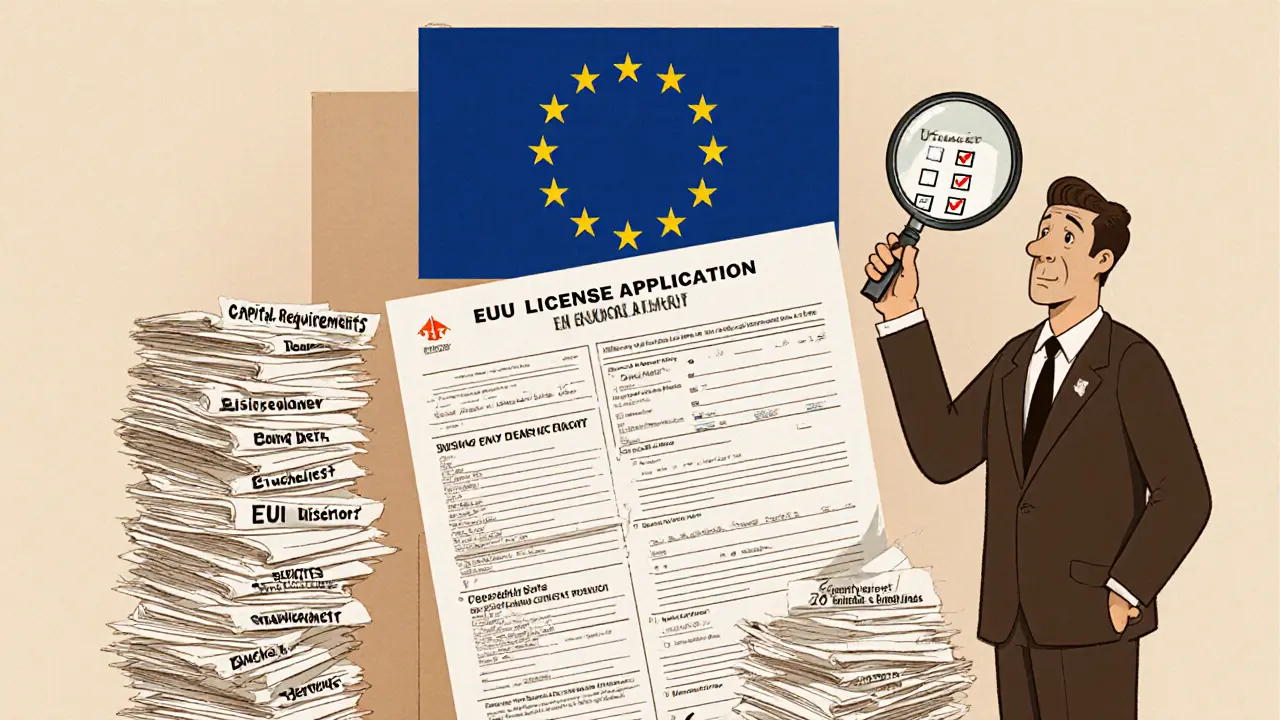CASP Authorization: What It Means for Crypto Exchanges and Users
When you hear CASP authorization, a regulatory status for crypto asset service providers under EU law that requires strict oversight, anti-money laundering checks, and licensed operations. Also known as Crypto Asset Service Provider registration, it's no longer just paperwork—it’s the line between a platform you can trust and one that could vanish overnight. If you’re using any exchange, staking service, or DeFi platform based in or serving Europe, this is the invisible gatekeeper deciding who stays and who gets shut down.
CASP authorization isn’t optional for platforms that want to operate legally in the EU. It requires real identity checks, transaction monitoring, and proof that the team behind the service isn’t hiding behind anonymous wallets. This directly ties to VASP, a global term for any entity that handles crypto transfers, exchanges, or custody services. Also known as Virtual Asset Service Provider, it’s the broader category CASP falls under—especially in the U.S. and other regions following FATF rules. Without CASP or VASP status, platforms like Coinquista or TaurusEX can’t legally operate in Europe, and that’s why they’re either gone or operating in the shadows. The same goes for any exchange that doesn’t verify users, track suspicious activity, or report to regulators. If they skip this, they’re not just risky—they’re breaking the law.
For users, CASP authorization means your funds have a better chance of being protected if things go wrong. It doesn’t guarantee safety, but it means the platform has to follow basic rules: keep your money separate from their own, report fraud, and keep records. That’s why Bitstamp, with its strict compliance and EU licensing, still stands out. Meanwhile, platforms without this status—like the fake TaurusEX or defunct CoinRui—have no legal obligation to help you recover lost funds. CASP also connects directly to AML compliance, the legal requirement for crypto businesses to prevent money laundering through customer checks and transaction monitoring. Also known as anti-money laundering rules, it’s the backbone of CASP. Without AML, there’s no CASP. That’s why every post in this collection touches on regulation, scams, or exchange safety—they’re all symptoms of the same system: when regulation is ignored, users pay the price.
What you’ll find below isn’t just a list of articles. It’s a map of what happens when CASP authorization is ignored, misunderstood, or outright avoided. From fake airdrops pretending to be legit to exchanges that vanish after a regulatory crackdown, every story here shows why this single piece of paperwork matters more than most people realize.
Crypto Asset Service Provider Licensing in EU: MiCA Requirements, Costs, and Real-World Challenges
by Johnathan DeCovic Nov 14 2025 20 CryptocurrencyMiCA licensing for Crypto Asset Service Providers in the EU requires high capital, EU-based management, environmental reporting, and months of processing. Here’s what it actually takes to get approved - and who can’t make it.
READ MORE
